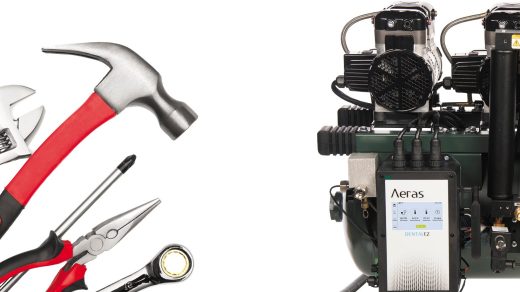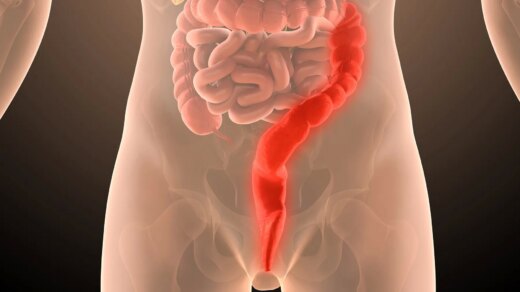When was the last time you replaced your toothbrush? We throw out expired foods, restock vitamins and supplements, and replace our beauty products often, but when it comes to health and beauty, it’s our dental hygiene that doesn’t get as much attention or thought as other areas of our regimen. However, there are important rules and tips you should follow for maintaining optimal dental health.

When To Change Your Toothbrush
Most dentists, and the American Dental Association
(ADA), recommend changing your toothbrush every 3 months. Overtime,
toothbrushes go through normal wear and tear and become less effective with
removing plaque from teeth and gums. Studies have found that around 3 months is
when the bristles break down and lose effectiveness.
One other consideration we don’t typically think
about (and probably don’t like to think about) is that germs can hide and build
up in toothbrush bristles. This makes it important to replace your toothbrush
after you’ve had a cold, or risk possible reinfection.
Fungus and bacteria can also develop in the bristles
if not taken care of properly. After use, make sure you rinse off and dry your
toothbrush thoroughly, storing uncovered in an upright position and keeping it
away from other used toothbrushes. When traveling, be sure to cover your
toothbrush head to protect it and reduce the spread of germs.
If you can’t remember exactly how long it’s been, pay
particular attention to the condition your toothbrush head is in – whether the
bristles are worn out, fan out, or frayed, or especially if you see dark color changes,
which is a sign of mold.

What Happens If I Don’t Change My Toothbrush Often Enough?
If knowing that bacteria and fungus
accumulates on your toothbrush bristles overtime isn’t enough reason to replace
your toothbrush more often, there are also a number of other risks and uninviting
issues involved with not replacing your toothbrush. One risk includes damaging
your gums, as old toothbrushes become ineffective with removing plaque from
your teeth, which leads to gingivitis. Left untreated, gingivitis leads to infection,
which can cause teeth to fall out.
Even more unappealing, you can get
sick from overused toothbrushes (see: bacteria and fungus build up), your
toothbrush can grow mold, or possibly the least appealing, you can ingest
unwanted particles if stored near a toilet.
I don’t know about you, but I’m going to go change my toothbrush right now and schedule a deep cleaning with my dentist.

What To Consider When Shopping for Dental Products
Ask your dentist during your next dental checkup and
cleaning for recommendations about what you should be buying based off your
individual needs, your particular dental health state, etc.
Some common suggestions among dental professionals
are to look for toothbrushes with soft bristles, as hard bristles damage your
teeth and gums, choose a toothbrush head size that touches one or two teeth at
a time, use a toothpaste containing fluoride approved by the ADA, consider
using mouthwash to further fight plaque and gingivitis, and don’t forget floss!
Consider investing in an electric toothbrush, as
these have been proven to improve oral health beyond what a manual toothbrush
can do by removing plaque, reducing gingivitis and eliminating teeth staining.
They’ve also been shown to minimize the amount of plaque on the teeth of people
with periodontal
disease.
Do your research on what products fit your needs
best, and don’t forget to ask your dentist for recommendations.
In need of a dentist? We’d love to
see you. Request an appointment at your local PERFECT
TEETH dental practice.


